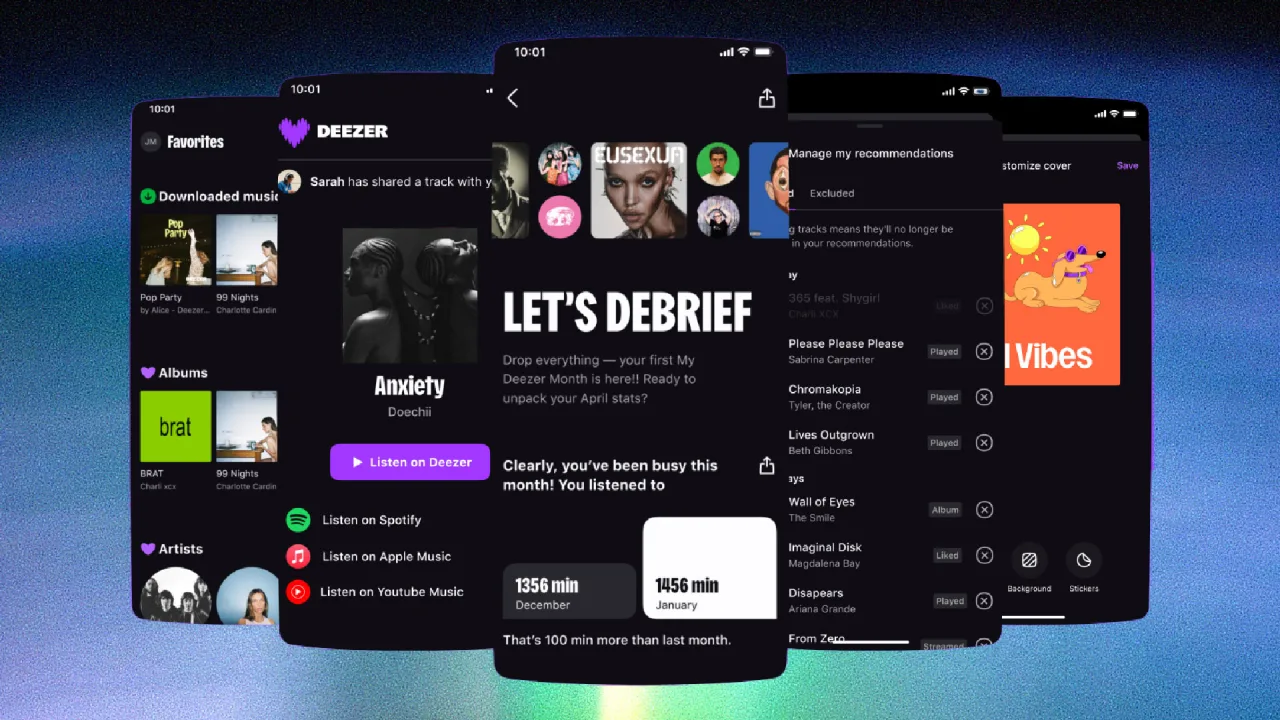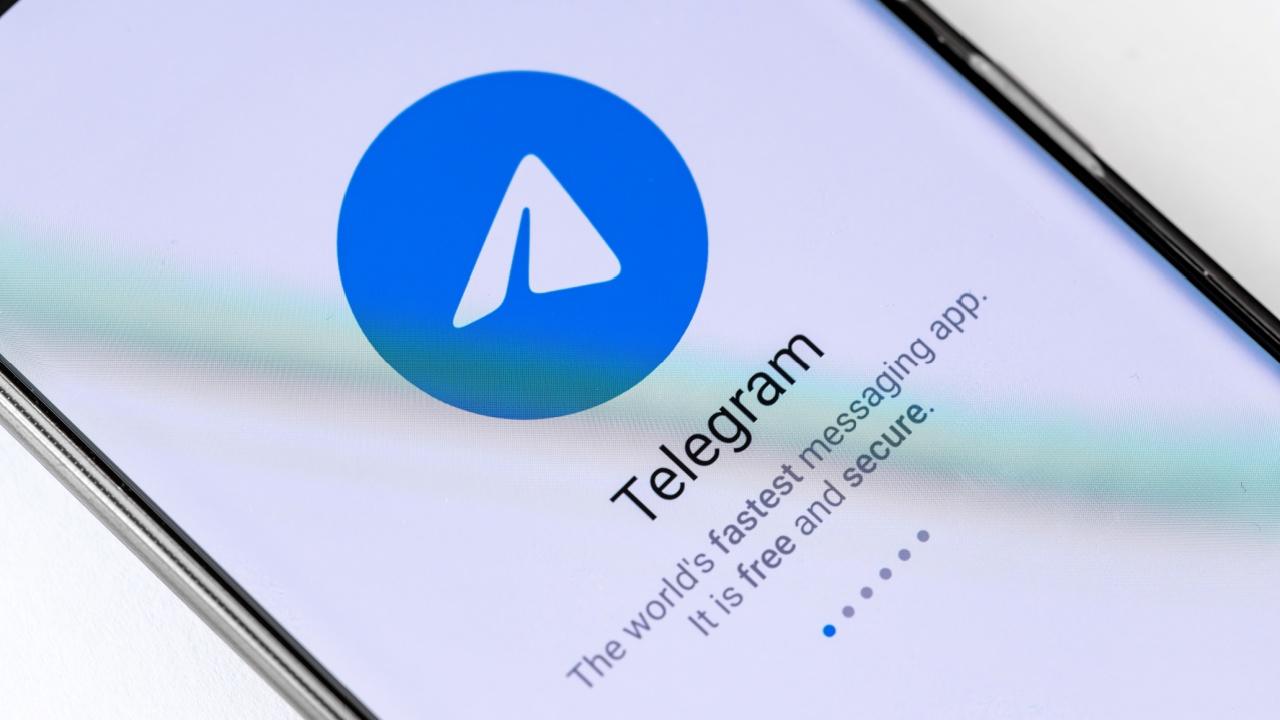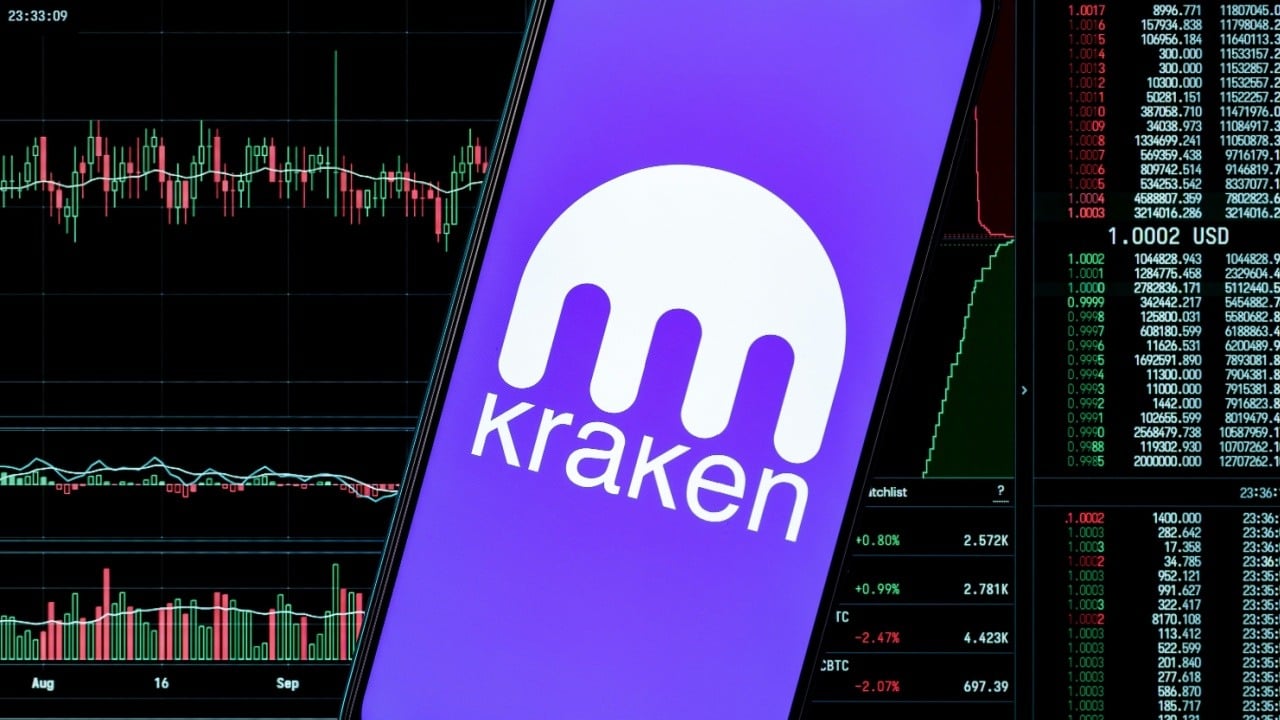This new language app is like Netflix meets Masterclass, but for learning French
It is 6 p.m. You have logged off from work and are unwinding with a glass of wine. You turn on the TV, but instead of Netflix, you click on a new app called 6pm in Paris, and spend the next 30 minutes learning French. Not on your desk. Not on your phone. But on your couch, watching a short movie. This is the vision behind a new language learning platform that recently launched. 6pm in Paris merges Netflix’s addictive streaming format with the short lessons style of Masterclass. The concept is simple yet effective: Each week, you pick a short film from a curated collection of French licensed movies. Then, you dive into the story and language through an informal video lesson called “After Short.” You can watch the films with dual subtitles and adjust the playback speed to your preference. Diligent learners can also review a phrasebook of key words and idioms, then take a short quiz to reinforce their knowledge. While apps like Duolingo are pouring resources into AI and gamified learning, 6pm in Paris is choosing culture—and therefore the human experience—as its primary lens. “A big part of our vision is to be a window on the language, and the people, and the culture,” says CEO and cofounder Lea Perret, who dreamed up the company with cofounder and COO Julien Frei. If people take to the format, you can soon expect 6pm in Tokyo, and 6pm in Rio—and basically 6pm anywhere. Julien Frei and Léa Perret [Image: 6pm in Paris] Learning as a lifelong journey Perret imagined 6pm in Paris as a way to help students learn French beyond the classroom. “Most people will sell you methods to learn French in three weeks, but it doesn’t work like that; it’s a lifelong endeavor,” she says. And if you want to spend a lifetime learning a language, it has to be entertaining, or else you will throw in the towel. Originally from Toulouse, France, Perret moved to New York 17 years ago and has been teaching French in the U.S. since then. In 2013, she cofounded Coucou French Classes, which provides in-person classes in New York and Los Angeles. Since the pandemic, her team also launched online classes to over 50,000 students. Today, the company remains profitable, but 6pm in Paris is here to fill a gap that Coucou couldn’t: to help people immerse themselves in French culture. While Perret was at Coucou (she left to run 6pm in Paris) students would often ask her for additional resources to help them improve their French. In response, she would send them a “17-pager” recommending, among other things, French books and TV shows to watch. (Yes, Call My Agent featured on the list.) These shows, however, can be too long, which can wear out the learner, and the subtitles can be either inaccurate or incomplete, completely skipping quintessentially French filler words like “euh” or “eh ben.” This approach, she says, can take learners away from real language experiences and make it harder for them to connect the spoken word with its written form. [Image: 6pm in Paris] The 6pm philosophy With 6pm in Paris, the team is hoping to address many of these challenges with shorter, more digestible films and customizable subtitles that were crafted in-house to perfectly match the dialogue. For now, the team has licensed more than 60 short films by local filmmakers. These range from sci-fi to rom-coms to documentaries. The shortest lasts a mere two minutes; the longest clocks in at 25. (My personal favorites so far are Cloud Paradise, and Amoureuxse, both of which boast excellent storytelling.) By next year—if the team can raise the $1.2 million they need to grow—they want to start producing films in-house, which would allow them to tailor the content to various levels by, for example, streaming down the dialogue so actors don’t talk over each other. They also expect to launch a whopping 170 masterclasses covering grammar for all levels. The series will feature short, digestible episodes delving into French conjugation. “We believe in grammar, we just think there is entertaining efficient way to bring it to people so it doesn’t feel like a chore,” says Perret. The current selection is more suitable to someone with an intermediate understanding of French, but the team maintains this shouldn’t preclude anyone from subscribing to 6pm in Paris. In fact, they believe that segmenting learners by levels—and tailoring content accordingly—is the wrong approach. The 6pm in Paris philosophy is that one of the most essential ingredients to learning a new language is exposure. “Sure, you can start by learning the phrase, ‘je m’appelle Lea et j’habite à New York,’ but what’s point of knowing how to say that if you don’t understand what the person replies to you?” she says. According to Perret, Americans are obsessed with talking, but even more important are listening and comprehension. By watching a short film in French, even with English or French subtitles, you can slowly soak up the language, notice how words are spelled,
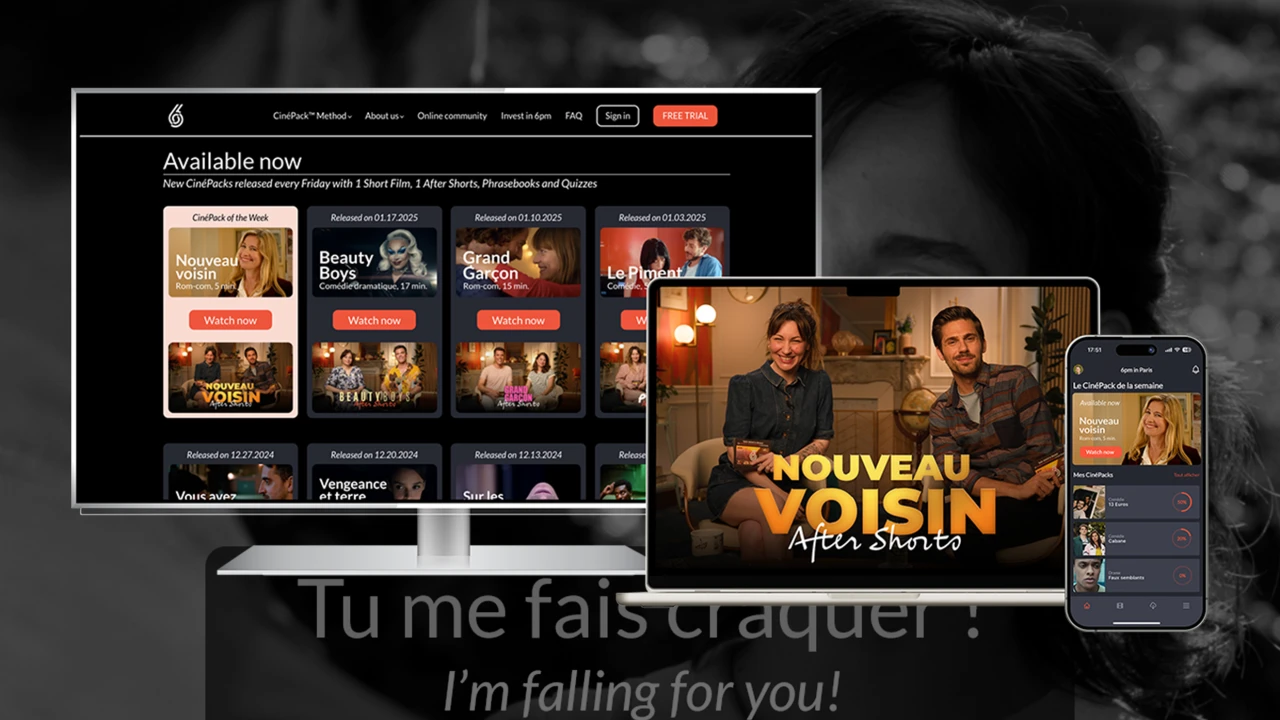
It is 6 p.m. You have logged off from work and are unwinding with a glass of wine. You turn on the TV, but instead of Netflix, you click on a new app called 6pm in Paris, and spend the next 30 minutes learning French. Not on your desk. Not on your phone. But on your couch, watching a short movie.
This is the vision behind a new language learning platform that recently launched. 6pm in Paris merges Netflix’s addictive streaming format with the short lessons style of Masterclass. The concept is simple yet effective: Each week, you pick a short film from a curated collection of French licensed movies. Then, you dive into the story and language through an informal video lesson called “After Short.” You can watch the films with dual subtitles and adjust the playback speed to your preference. Diligent learners can also review a phrasebook of key words and idioms, then take a short quiz to reinforce their knowledge.
While apps like Duolingo are pouring resources into AI and gamified learning, 6pm in Paris is choosing culture—and therefore the human experience—as its primary lens. “A big part of our vision is to be a window on the language, and the people, and the culture,” says CEO and cofounder Lea Perret, who dreamed up the company with cofounder and COO Julien Frei.
If people take to the format, you can soon expect 6pm in Tokyo, and 6pm in Rio—and basically 6pm anywhere.
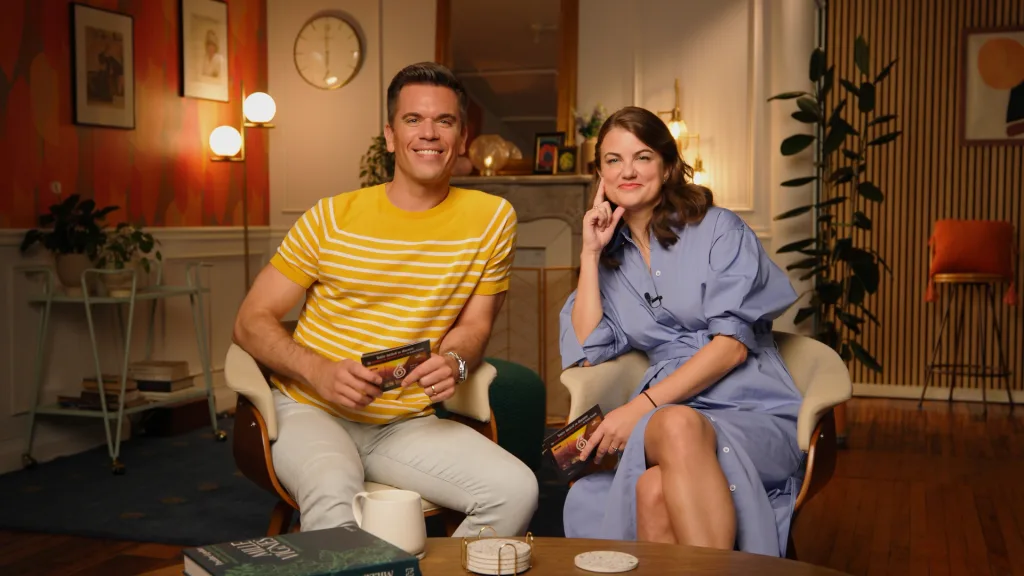
Learning as a lifelong journey
Perret imagined 6pm in Paris as a way to help students learn French beyond the classroom. “Most people will sell you methods to learn French in three weeks, but it doesn’t work like that; it’s a lifelong endeavor,” she says. And if you want to spend a lifetime learning a language, it has to be entertaining, or else you will throw in the towel.
Originally from Toulouse, France, Perret moved to New York 17 years ago and has been teaching French in the U.S. since then. In 2013, she cofounded Coucou French Classes, which provides in-person classes in New York and Los Angeles. Since the pandemic, her team also launched online classes to over 50,000 students. Today, the company remains profitable, but 6pm in Paris is here to fill a gap that Coucou couldn’t: to help people immerse themselves in French culture.
While Perret was at Coucou (she left to run 6pm in Paris) students would often ask her for additional resources to help them improve their French. In response, she would send them a “17-pager” recommending, among other things, French books and TV shows to watch. (Yes, Call My Agent featured on the list.)
These shows, however, can be too long, which can wear out the learner, and the subtitles can be either inaccurate or incomplete, completely skipping quintessentially French filler words like “euh” or “eh ben.” This approach, she says, can take learners away from real language experiences and make it harder for them to connect the spoken word with its written form.
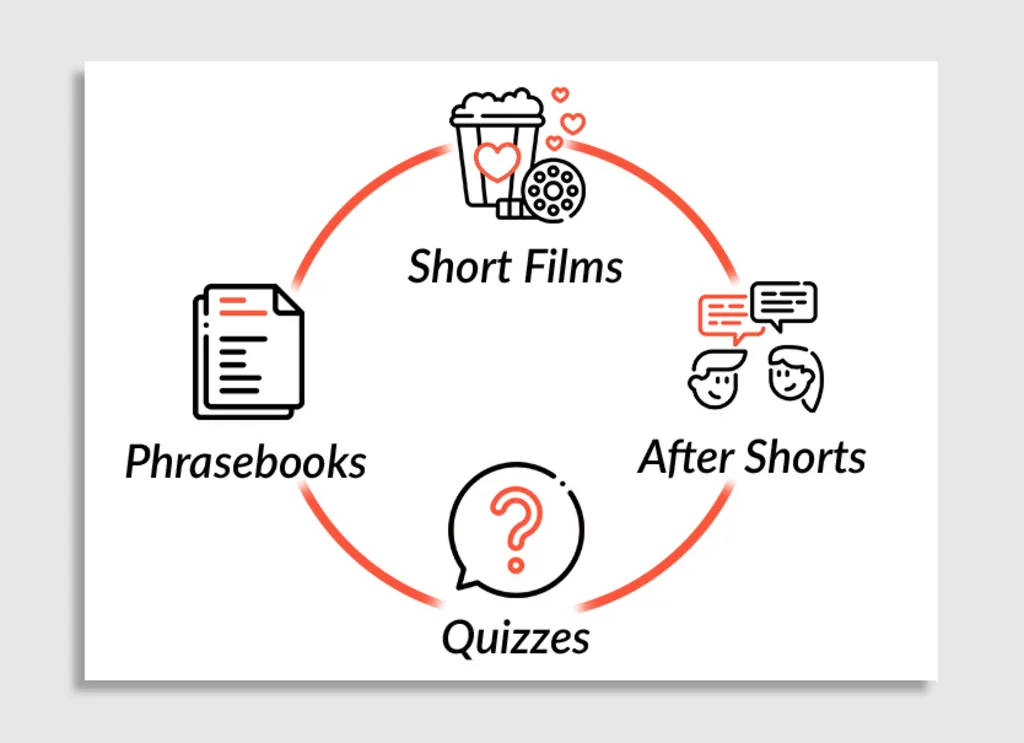
The 6pm philosophy
With 6pm in Paris, the team is hoping to address many of these challenges with shorter, more digestible films and customizable subtitles that were crafted in-house to perfectly match the dialogue. For now, the team has licensed more than 60 short films by local filmmakers. These range from sci-fi to rom-coms to documentaries. The shortest lasts a mere two minutes; the longest clocks in at 25. (My personal favorites so far are Cloud Paradise, and Amoureuxse, both of which boast excellent storytelling.)
By next year—if the team can raise the $1.2 million they need to grow—they want to start producing films in-house, which would allow them to tailor the content to various levels by, for example, streaming down the dialogue so actors don’t talk over each other. They also expect to launch a whopping 170 masterclasses covering grammar for all levels. The series will feature short, digestible episodes delving into French conjugation. “We believe in grammar, we just think there is entertaining efficient way to bring it to people so it doesn’t feel like a chore,” says Perret.
The current selection is more suitable to someone with an intermediate understanding of French, but the team maintains this shouldn’t preclude anyone from subscribing to 6pm in Paris. In fact, they believe that segmenting learners by levels—and tailoring content accordingly—is the wrong approach.
The 6pm in Paris philosophy is that one of the most essential ingredients to learning a new language is exposure. “Sure, you can start by learning the phrase, ‘je m’appelle Lea et j’habite à New York,’ but what’s point of knowing how to say that if you don’t understand what the person replies to you?” she says.
According to Perret, Americans are obsessed with talking, but even more important are listening and comprehension. By watching a short film in French, even with English or French subtitles, you can slowly soak up the language, notice how words are spelled, and train your ear before ever uttering a single word. As someone who moved to a French-speaking country at age 7 and was encouraged to sit at the back of the class and “just listen,” I can attest to the efficiency of this method. (I was fluent in less than a year.)
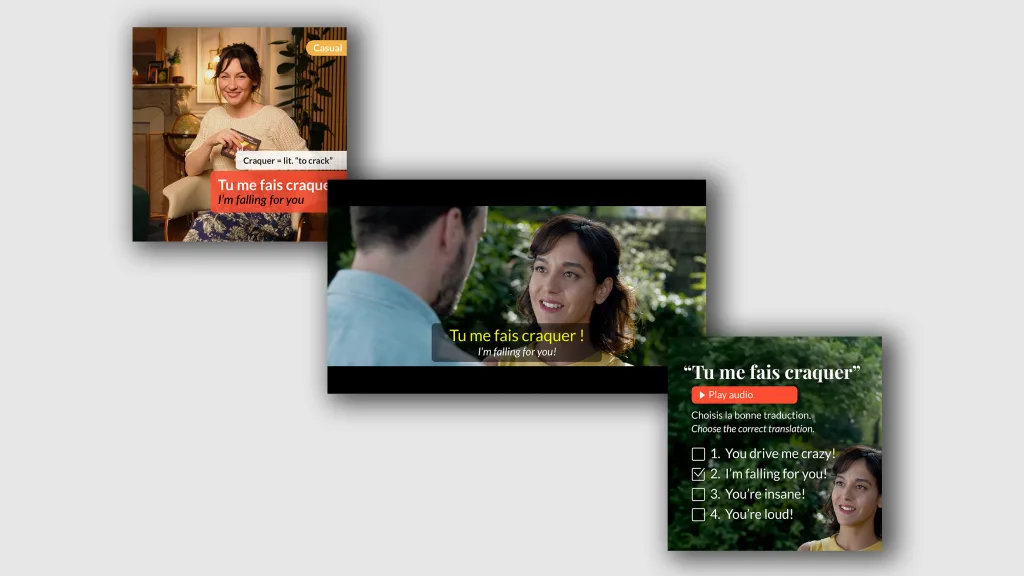
TV as a learning tool
Research backs this up, and many studies show that watching TV shows, especially with O.G. subtitles, can be a surprisingly effective way to build your real-world language skills. According to a 2022 study from researchers in Turkey, 44 participants from Kosovo who watched Turkish TV series with subtitles for one to two years saw measurable improvements in all four language skills (listening, speaking, reading and writing.) Another study from Spain shows that university students who watched Friends over the course of seven weeks, and with English subtitles, learned more informal English (like slang and idioms) than those who used Spanish subtitles.
Television might be the greatest source of first language input, and learning a foreign language by watching TV is more common than it might seem. According to a recent survey performed by the research platform AtomRadar for Fast Company, 43% of participants have tried to learn a foreign language by watching TV shows or movies. Of these people, 60% found it effective. AtomRadar, which surveyed a representative panel of 300 American adults over 18, also found that younger people are substantially more likely to have tried learning a foreign language through movies and TV, with 55% of 18 to 24 year olds having tried it, compared to only 30% of 55 to 64 year olds. (Once again, I can relate as I distinctly remember looking up the definition of “rooting for someone” after a love triangle materialized on the teen-cult TV show One Tree Hill.)
6pm in Paris isn’t the first company to recognize the potential for cinema to double as a learning tool. FluentU uses beginner-friendly movie trailers and music videos to teach you vocabulary and grammar in context. Lingopie offers a streaming library of foreign-language TV shows with interactive subtitles. And France Channel, which lets you stream French films and series otherwise unavailable in the U.S., markets its platform as a way to learn the language through immersion.
Earlier this year, Duolingo, too, recognized the power of cinema with a Korean campaign in collaboration with Netflix. Korean course sign-ups had jumped 40% after the first season of Squid Game aired in 2021, so when season 2 rolled around in 2025, Duolingo launched Squid Game-themed vocabulary lessons, a TikTok filter that could test your pronunciation skills, a K-pop music video, and a music video featuring Duo the owl suited up as a Pink Guard.
Is 6pm in Paris worried about all the competition? Not in the slightest. She notes that her team wasn’t inspired to start a new company to fill a gap in the market, but to meet their students’ needs. The outputs may be similar but the motivations are different.
The company is still too young to gauge success, but the first few months show promise: After a beta run with Coucou students, the team opened up the platform to the public and leaned heavily on a marketing campaign to attract subscribers. So far, 1,300 people have joined (and 70% of users who started with a free 7-day trial have converted to a paid subscription). Three quarters of subscribers log in every week to watch the weekly film, followed by the “after short.”
For now, you can only watch on your laptop or by casting to a Smart TV. But once the team secures more backing, they plan to upgrade to a more robust (and pricier) streaming platform that supports native TV apps. Some years down the line, you could soon turn on your TV, click on your 6pm streaming app, and choose which language you want to learn based on the culture you want to discover.
“I want it to be as easy as ‘you turn on TV, go to 6pm in Tokyo and discover many things about the Japanese culture,” says Perret. “I do believe there would be lot more understanding, and the world would be a better place if we knew more about each other.”


.jpg)

























![[Webinar] AI Is Already Inside Your SaaS Stack — Learn How to Prevent the Next Silent Breach](https://blogger.googleusercontent.com/img/b/R29vZ2xl/AVvXsEiOWn65wd33dg2uO99NrtKbpYLfcepwOLidQDMls0HXKlA91k6HURluRA4WXgJRAZldEe1VReMQZyyYt1PgnoAn5JPpILsWlXIzmrBSs_TBoyPwO7hZrWouBg2-O3mdeoeSGY-l9_bsZB7vbpKjTSvG93zNytjxgTaMPqo9iq9Z5pGa05CJOs9uXpwHFT4/s1600/ai-cyber.jpg?#)












































































































































![[The AI Show Episode 144]: ChatGPT’s New Memory, Shopify CEO’s Leaked “AI First” Memo, Google Cloud Next Releases, o3 and o4-mini Coming Soon & Llama 4’s Rocky Launch](https://www.marketingaiinstitute.com/hubfs/ep%20144%20cover.png)

















































































































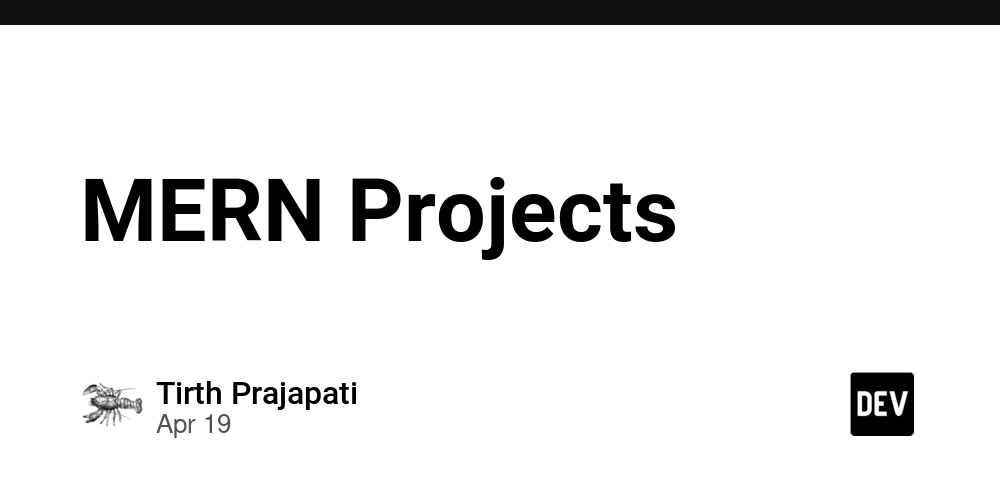
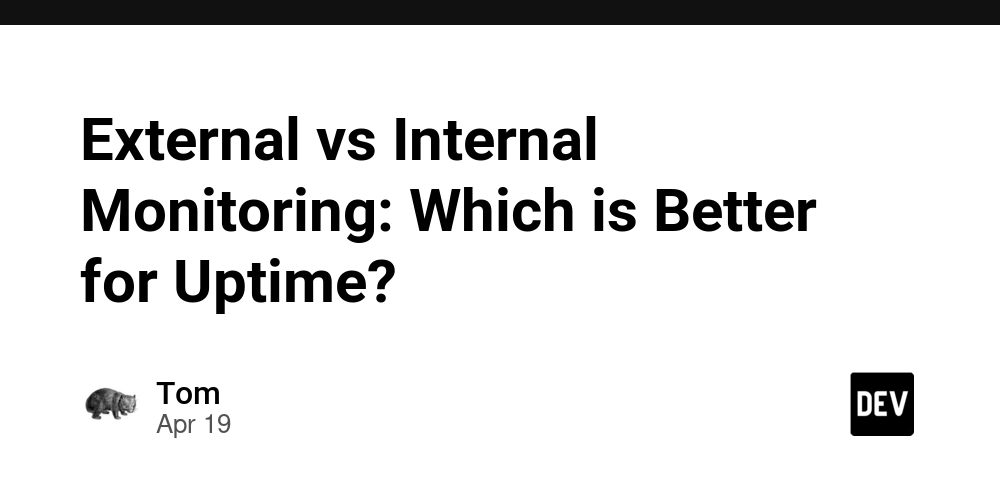



















































































![Rogue Company Elite tier list of best characters [April 2025]](https://media.pocketgamer.com/artwork/na-33136-1657102075/rogue-company-ios-android-tier-cover.jpg?#)







































































_Andreas_Prott_Alamy.jpg?width=1280&auto=webp&quality=80&disable=upscale#)






























































































![What’s new in Android’s April 2025 Google System Updates [U: 4/18]](https://i0.wp.com/9to5google.com/wp-content/uploads/sites/4/2025/01/google-play-services-3.jpg?resize=1200%2C628&quality=82&strip=all&ssl=1)










![Apple Watch Series 10 Back On Sale for $299! [Lowest Price Ever]](https://www.iclarified.com/images/news/96657/96657/96657-640.jpg)
![EU Postpones Apple App Store Fines Amid Tariff Negotiations [Report]](https://www.iclarified.com/images/news/97068/97068/97068-640.jpg)
![Apple Slips to Fifth in China's Smartphone Market with 9% Decline [Report]](https://www.iclarified.com/images/news/97065/97065/97065-640.jpg)





































































